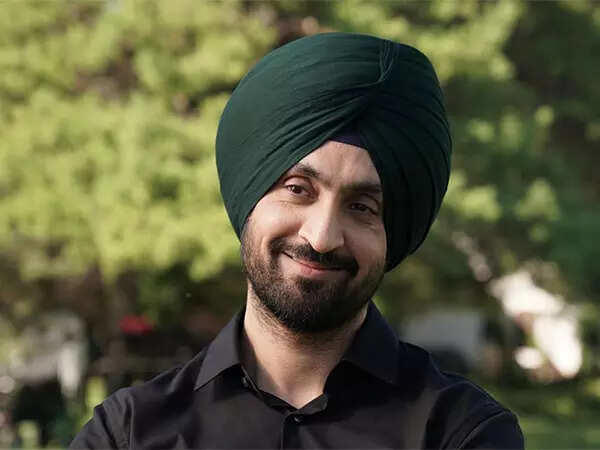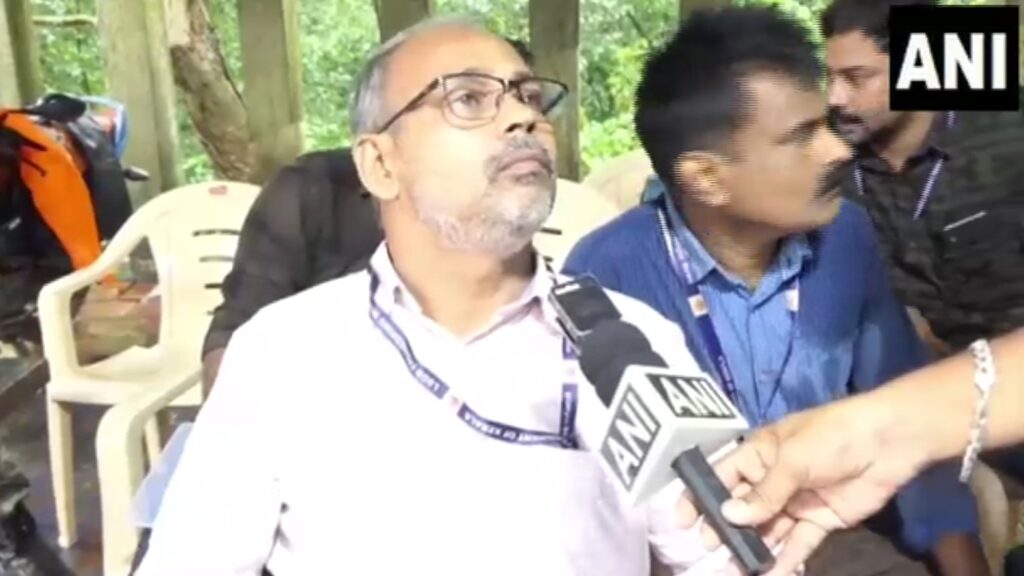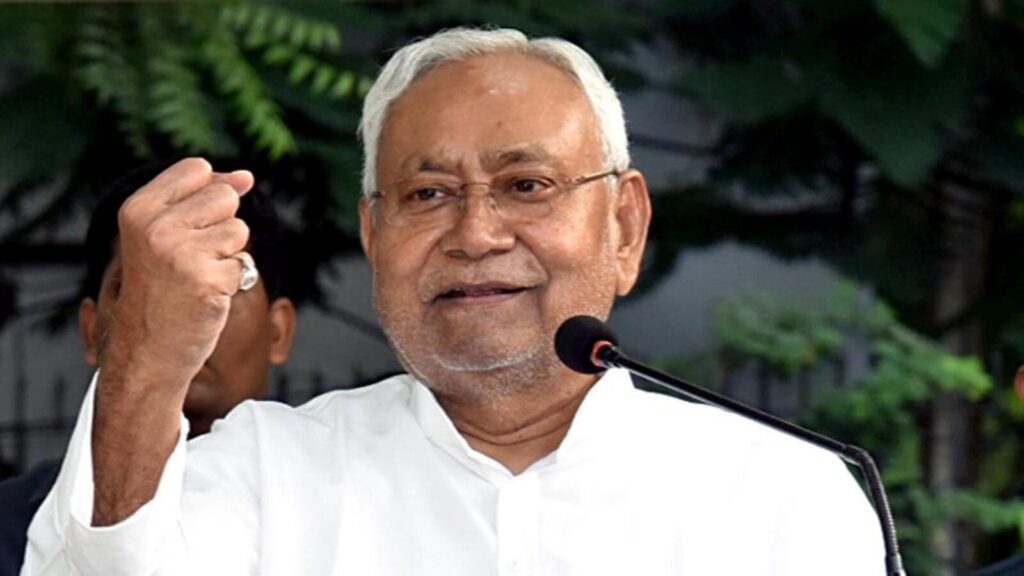BJP Backs Diljit Dosanjh Amid FWICE Citizenship Controversy
In a major controversy that blends entertainment with geopolitics, popular singer-actor Diljit Dosanjh finds himself at the center of a heated national debate. The Federation of Western India Cine Employees (FWICE) recently wrote to the Prime Minister’s Office demanding that Dosanjh’s citizenship be revoked for casting Pakistani actress Hania Aamir in his upcoming film Sardaar Ji 3. The request triggered a wave of online backlash and nationalist outrage—but surprisingly, the Bharatiya Janata Party (BJP) has stepped in to defend the Punjabi superstar.
With tensions still high after the recent Pahalgam terror attack and Pakistan’s controversial reaction to Operation Sindoor, FWICE termed the casting of a Pakistani actor as “insensitive” and “anti-national.” But BJP leaders have countered this narrative, calling the move “disproportionate,” “politically motivated,” and harmful to India’s global soft-power standing.
BJP Calls Citizenship Demand Unfair, Defends Diljit’s Global Image
While the entertainment industry remains divided, several BJP leaders have come out in strong defense of Diljit Dosanjh, calling him a “national asset” and a “global ambassador of Indian culture.” BJP’s national spokesperson R P Singh took to social media to argue that the movie was shot long before the Pahalgam terror incident, and that it is unjust to apply post-facto nationalism to a project that began under different diplomatic circumstances.
FWICE demanding @diljitdosanjh’s citizenship be revoked is absurd.
— RP Singh National Spokesperson BJP (@rpsinghkhalsa) June 27, 2025
The film was shot before the Phalgam attack. Boycott it if needed—but don’t vilify a national asset.
TV anchors invite Pakistanis for TRPs daily. Do we question their patriotism ?
Let’s not weaponize nationalism. https://t.co/2Ht20CgbTl
.@diljitdosanjh is not just a celebrated artist—he's a national asset and a global ambassador of Indian culture. FWICE’s call to revoke his Indian citizenship over an inadvertent and pre-incident film shoot is not only unfair but shockingly disproportionate.
— RP Singh National Spokesperson BJP (@rpsinghkhalsa) June 27, 2025
The film featuring a…
He also highlighted the double standards in Indian society—where cricket matches with Pakistan, TV debates with Pakistani guests, and business ties continue without question, but a Punjabi film becomes the soft target. “If Diljit is anti-national, then what about our sports ties and media engagements?” Singh asked.
At a press conference in Chandigarh, BJP’s Punjab culture-cell head and actor Hobby Dhaliwal, ex-DSGMC president Manjit Singh GK, and media-cell convener Vineet Joshi slammed FWICE for what they called “selective outrage.” They emphasized that Dosanjh’s global achievements—from Coachella to Glastonbury—have strengthened India’s international cultural image. Calling him “Punjab’s pride and India’s son,” they warned against turning patriotism into a political tool.
Even Sardaar Ji 3 producer Gunbir Singh Sidhu weighed in, confirming the film would release overseas but not in Indian theatres—sacrificing 40% of its expected revenue—to avoid controversy. He condemned the cancel-culture being directed at Diljit, stating that “punishing art for politics” sets a dangerous precedent.
Diljit Dosanjh’s row over Sardaar Ji 3 reveals more than just Bollywood’s complex ties with Pakistan—it highlights how nationalism, politics, and cinema often collide in India’s public discourse. As BJP throws its weight behind the actor, the controversy underscores a larger question: Should creative collaborations be judged through the lens of geopolitics? For now, Diljit may have escaped the political crossfire—but the debate on art and patriotism is far from over.





















